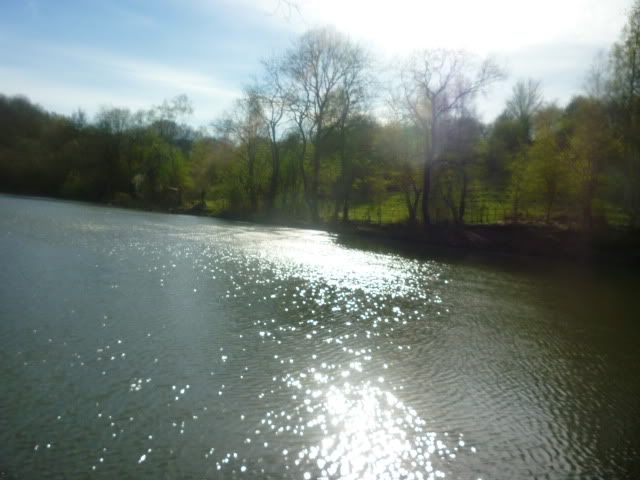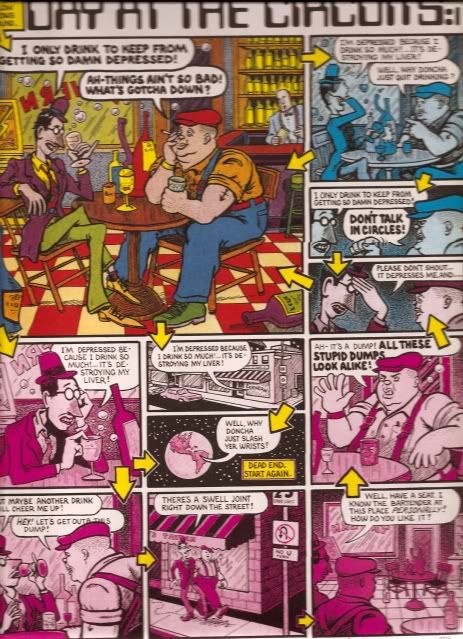
Rayuela (Hopscotch) - Julio Cortázar
Rayuela is a book that invites itself to multiple readings. It comes with a 'Table of Instructions' where Cortázar states "This book is many books, but above all it is two books'. Subdivided into three parts - 'From the Other Side', 'From This Side' and 'From Other Sides' - one reading of the book encompasses the first two parts, the other reading encompasses all three. The first reading is linear and is made up principally of a narrative thread; the second reading, which includes 'From Other Sides', is non-linear and includes a lot more theorising and philosophising. Either way you choose to read it, you will have an entirely different experience.
Now I chose to read it through the second option. Initially I became very frustrated by how often I was diverted, just as Cortázar began to raise my interest, to rather meandering ruminations on how to 'subvert' literature and the novel. I found reading these sections either very difficult to say the least (it doesn't help that Spanish is my second language), or simply boring. I stuck through it, though, and I found all the qualities I had found in Cortázar that I've always adored.
'From the Other Side' takes place in Paris, where the protagonist Horacio Oliveira, from Argentina, resides. Oliveira wanders across the streets with his lover 'La Maga' and gets together with a bohemian group of friends that call themselves 'The Club', where they converse (in a very heavy-handed manner) about literature and art, all while hearing jazz records. There is a rift between Oliveira and La Maga; he suspects that she is cheating on him, so he starts seeing another woman. In a spectacular scene ridden with suspense and intellectual discourse, La Maga's son dies, all in an ambience of disaffection and apathy. Eventually, Oliveria decides on returning to Buenos Aires.
'From This Side', while maintaining all the wit and stylistic innovation in the first section, downplays the relentless intertextuality and name-dropping. Oliveira finds that, when arriving at the port in Buenos Aires, a friend of his youth is waiting for him, Traveler, along with his wife, Talita. They are full of eccentricities, and a lot of Cortázar's characteristic humour comes to life in their interactions with Oliveira. He begins working as a fabric seller, then joins Talita and Traveler at the circus they work at until the owner becomes bored with it, sells it and buys a mental institution. Oliveira begins to see features of 'La Maga' in Talita, while he begins to spiral into a state of insanity.
A main theme in the novel is that of self-exile and South American adapting to new territory. Oliveira feels a sense of displacement while in Paris and later struggles to rekindle the pleasant memories of his homeland when he moves back. Cortázar indeed wrote the novel in Paris, having exiled himself there from 1950 until his death in 1984. Its foreign setting emphasises that many of the Latin-American novels of Cortázar contemporaries were written in Europe - including the works of Vargas Llosa, José Donoso and Carlos Fuentes.
The main impetus and concept behind the work is to create an 'open' novel wherein the reader plays an active, not passive, role in forming the work. This comes through in the novel's third section where Oliveira encounters a novelist, who doesn't figure in the other reading of the book, called Morelli, who writes such books. Cortázar, riling many feminists, called a reader who doesn't take an active role in the book a 'lector hembra' (Female Reader) and one that is more involved, 'Lector Complice'.
This idea of an open novel provoked a lot of reactions in South America at the time of its publication and in turn lent itself to analysis and dissection. This was indeed Cortázar's intention: to instigate a number of reactions, both positive and negative, and to create angered discussions and counter arguments. Because of this strife, Garcia Marquez stated that Cortázar was the 'Simón Bolivar of the novel'.
Much of the novel's appeal can't really be adequately reduced to words because Cortázar's main appeal lies in his use of language, using puns, interior monologues and wordplay (often going over my head). By the time I neared the end of the novel, I sort of glided through it and lost my sense of time and place; Cortázar really is one of the writers I most cherish for his writing style.
Though a lot of it, especially at the beginning, can be very long-winded and up its own arse. As I began the book I shared Borges' sentiment that Cortázar tries so hard to be original in every page that "it becomes a tedious battle of wits". Often, I became quite jarred by stand-off phrases like "Eyes of Picasso and ears of Varese."
It is pretty uneven overall, and to me its greater moments are shorter and ephemeral, which to me confirm that Cortázar's forte is shorter fiction of searing beauty. There are many chapters which you can take and stand on their own as excellent pieces of fiction, but which, a lot of the time, when placed together, seem disconnected. For anyone unfamiliar with Cortázar, beginning with his short stories is recommended.
I'll end the review on a personal note. I read the novel at a time of great anguish and despair, so the character's constant 'search' hit a chord with me. When I succumbed to a mental breakdown, the novel was a source of a number of paranoiac conspiracies and delusional beliefs which, for your sake, I won't recount here. Though, when I read chapter 145 and I saw that Morelli shares a correspondence, shares a literary adventure, with a "muchacho de Sheffield" it unsettled me and made me think that Cortázar, though from a different generation and from a different time, inserted me into Rayuela to involve me, very much in the same way that he involved swathes of youngsters who gorged and devoured this open-ended, multi-faceted and derailing novel


































